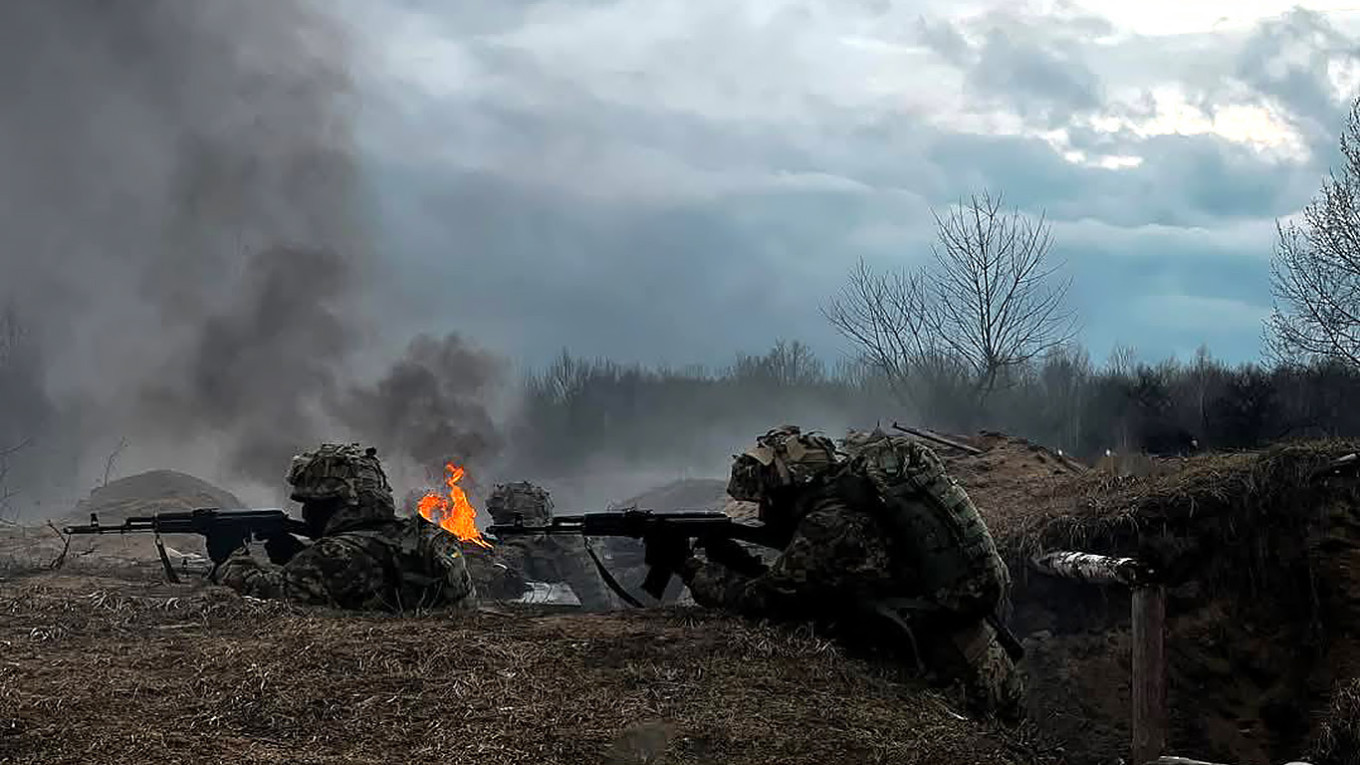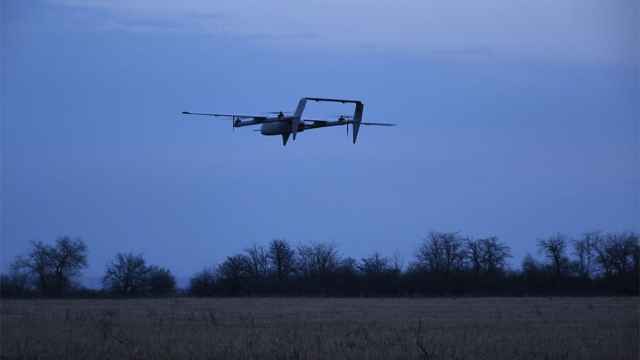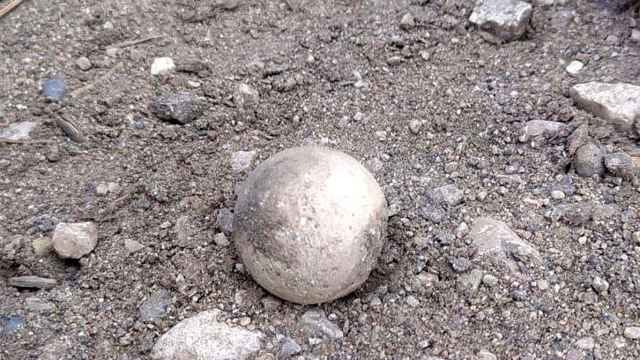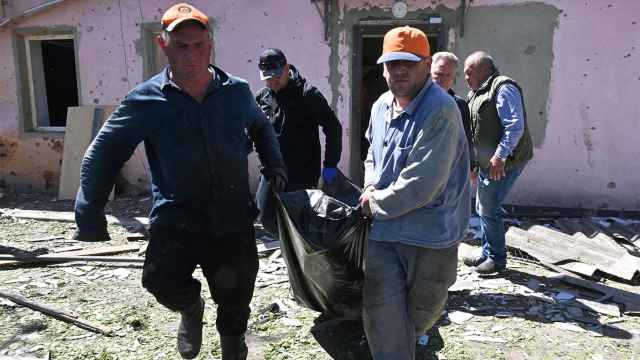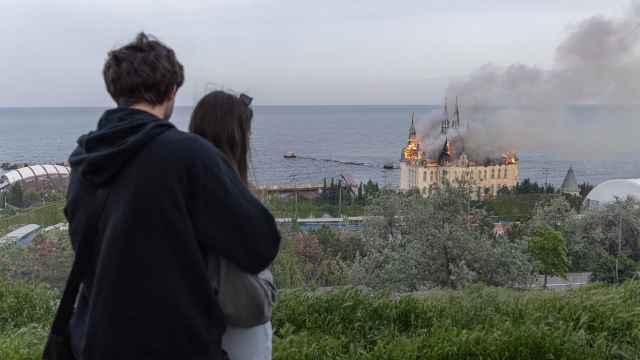The international chemical weapons watchdog said Friday it had found the banned riot control agent CS in nine samples handed to it by Ukraine from the front line in its war against Russia.
The Organization for the Prohibition of Chemical Weapons (OPCW) said it had identified the toxic agent in samples from four grenade shells, three soil samples and two vegetation samples next to a dugout.
The OPCW did not point fingers at either Ukraine or Russia for the use of the CS, which is banned as a weapon of war.
CS gas is not lethal but causes sensory irritation including to the lungs, skin and eyes.
Both Russia and Ukraine have accused each other of using chemical weapons in the three-year-long conflict. Kyiv's Western allies have also claimed Moscow has employed banned weapons.
Ukraine asked the OPCW to investigate three incidents of alleged chemical weapons use: Oct. 2, 2024, near the village of Mariivka, and Oct. 12 and 14 near Illinka.
"All the grenades collected from dugouts... contained the riot control agent CS, CS-related compounds and/or their degradation products," the OPCW found.
The chemical was also found in the soil and vegetation samples provided by Ukraine.
"This report marks the second confirmed instance of riot-control agent grenades being found on the confrontation lines in the Dnipropetrovsk region," said OPCW Director General Fernando Arias.
The findings underscored "the urgency of maintaining and enforcing the principles of the Chemical Weapons Convention," he said.
In November, the OPCW said that CS had been found in three shell and soil samples provided by Ukraine.
That was the first time the use of a riot control gas had been confirmed in areas where active fighting is taking place in Ukraine, the OPCW said.
OPCW's Chemical Weapons Convention strictly bans the use of riot control agents including CS, a type of tear gas, outside riot control situations when it is used as "a method of warfare."
Britain and the United States have accused Russia of using the toxic agent chloropicrin as well as riot control agents since its 2022 invasion of Ukraine in violation of the treaty.
Russia has said it no longer possesses a military chemical arsenal but the country faces pressure for more transparency over the alleged use of toxic weapons.
A Message from The Moscow Times:
Dear readers,
We are facing unprecedented challenges. Russia's Prosecutor General's Office has designated The Moscow Times as an "undesirable" organization, criminalizing our work and putting our staff at risk of prosecution. This follows our earlier unjust labeling as a "foreign agent."
These actions are direct attempts to silence independent journalism in Russia. The authorities claim our work "discredits the decisions of the Russian leadership." We see things differently: we strive to provide accurate, unbiased reporting on Russia.
We, the journalists of The Moscow Times, refuse to be silenced. But to continue our work, we need your help.
Your support, no matter how small, makes a world of difference. If you can, please support us monthly starting from just $2. It's quick to set up, and every contribution makes a significant impact.
By supporting The Moscow Times, you're defending open, independent journalism in the face of repression. Thank you for standing with us.
Remind me later.


